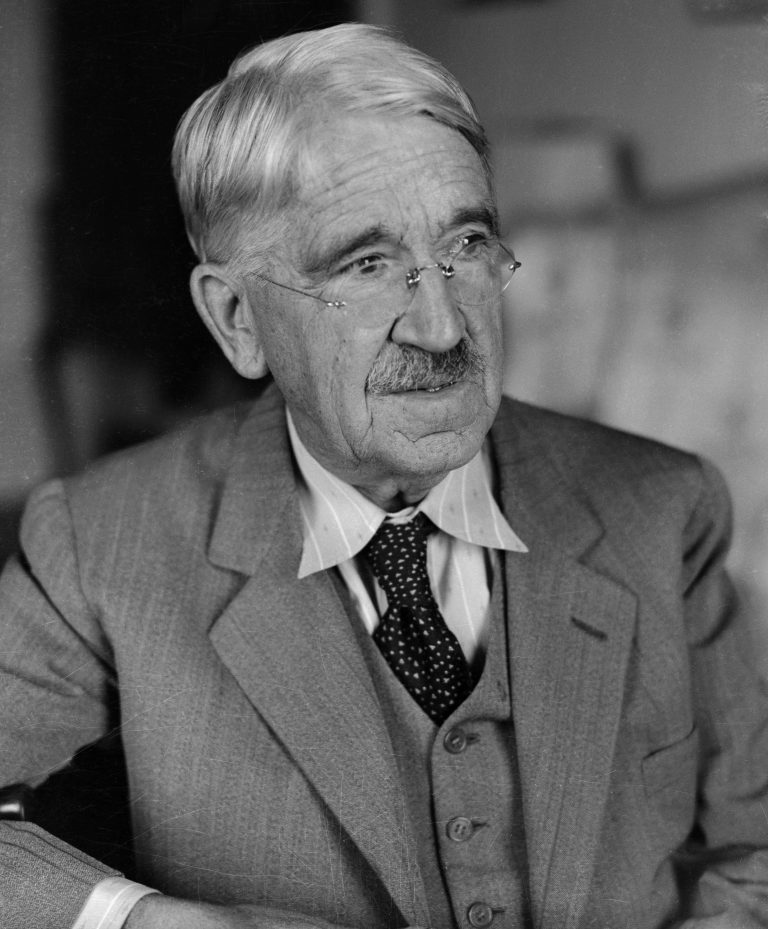Date of Birth: October 20, 1859
Zodiac Sign: Libra
Date of Death: June 1, 1952
Biography
John Dewey was an American philosopher, psychologist, and educational reformer whose ideas have been influential in education and social reform. Dewey is one of the primary figures associated with the philosophy of pragmatism and is considered one of the fathers of functional psychology. He was born in Burlington, Vermont, and graduated from the University of Vermont in 1879. He went on to earn his Ph.D. from Johns Hopkins University in 1884. Dewey spent the majority of his career as a professor at Columbia University, where he wrote extensively on education, democracy, and ethics. His works include “Democracy and Education,” “Experience and Education,” and “The Public and Its Problems.” Dewey believed that education should not only impart knowledge but also cultivate critical thinking and active participation in democratic life. His ideas about experiential learning and the role of the teacher as a guide rather than an authoritarian figure have had a lasting influence on education systems worldwide. Dewey was also deeply involved in social and political issues. He was a member of the American Civil Liberties Union and was active in campaigns for women’s suffrage, labor rights, and world peace. His work has left an indelible mark on various fields, including philosophy, education, and social reform.
5 Interesting Facts about John Dewey
1. John Dewey co-founded the University of Chicago Laboratory Schools.
2. He was a leading advocate for progressive education and believed in learning by doing.
3. Dewey was a vocal critic of traditional, rote memorization-based education methods.
4. He was awarded the Copernicus Prize in 1951 for his contributions to philosophy.
5. Dewey’s work has influenced a wide range of disciplines, including psychology, political science, and pedagogy.
5 Most Interesting Quotes from John Dewey
1. “Education is not preparation for life; education is life itself.”
2. “We do not learn from experience… we learn from reflecting on experience.”
3. “The self is not something ready-made, but something in continuous formation through choice of action.”
4. “The belief that all genuine education comes about through experience does not mean that all experiences are genuinely or equally educative.”
5. “Democracy has to be born anew every generation, and education is its midwife.”
Highest Net Worth Achieved
John Dewey was not known for accumulating personal wealth. His highest net worth would be modest by today’s standards, primarily derived from his academic positions and publications.
Children
John Dewey had six children with his first wife, Alice Chipman Dewey: Frederick Archibald Dewey, Evelyn Dewey, Morris Dewey, Gordon Chipman Dewey, Lucy Alice Dewey, and Jane Mary Dewey.
Relevant Links
1. [Stanford Encyclopedia of Philosophy – John Dewey](https://plato.stanford.edu/entries/dewey/
2. [Internet Encyclopedia of Philosophy – John Dewey](https://iep.utm.edu/dewey/
3. [John Dewey Society](http://www.johndeweysociety.org/
4. [Biography at University of Vermont](https://www.uvm.edu/~dewey/
5. [American Philosophical Association – John Dewey](https://www.apaonline.org/page/Dewey

